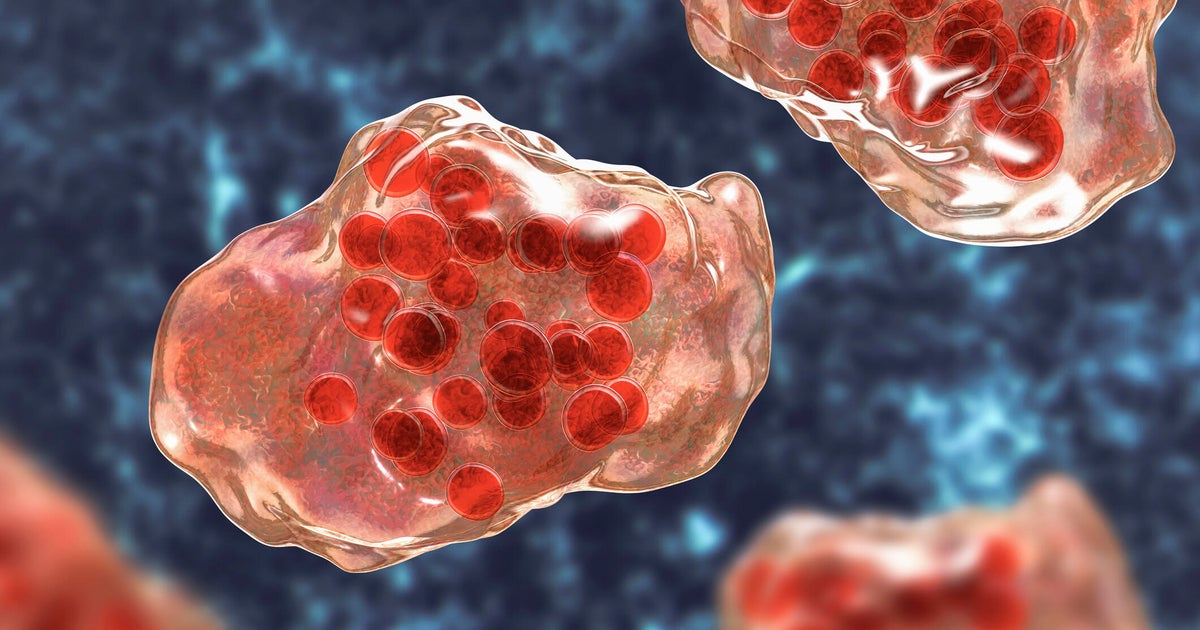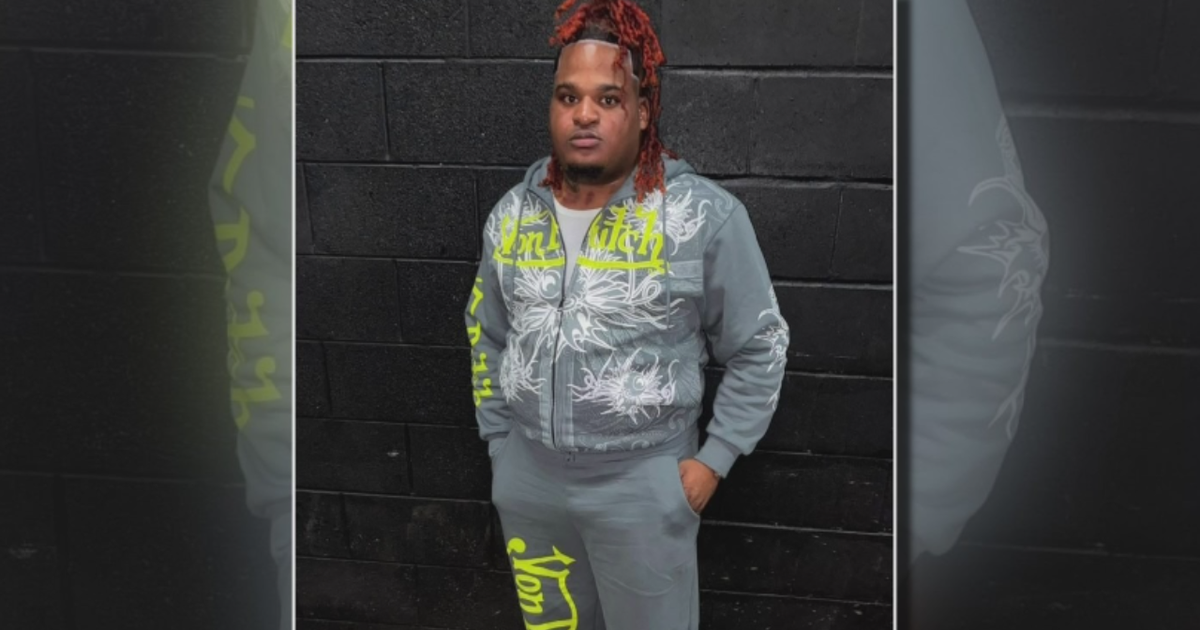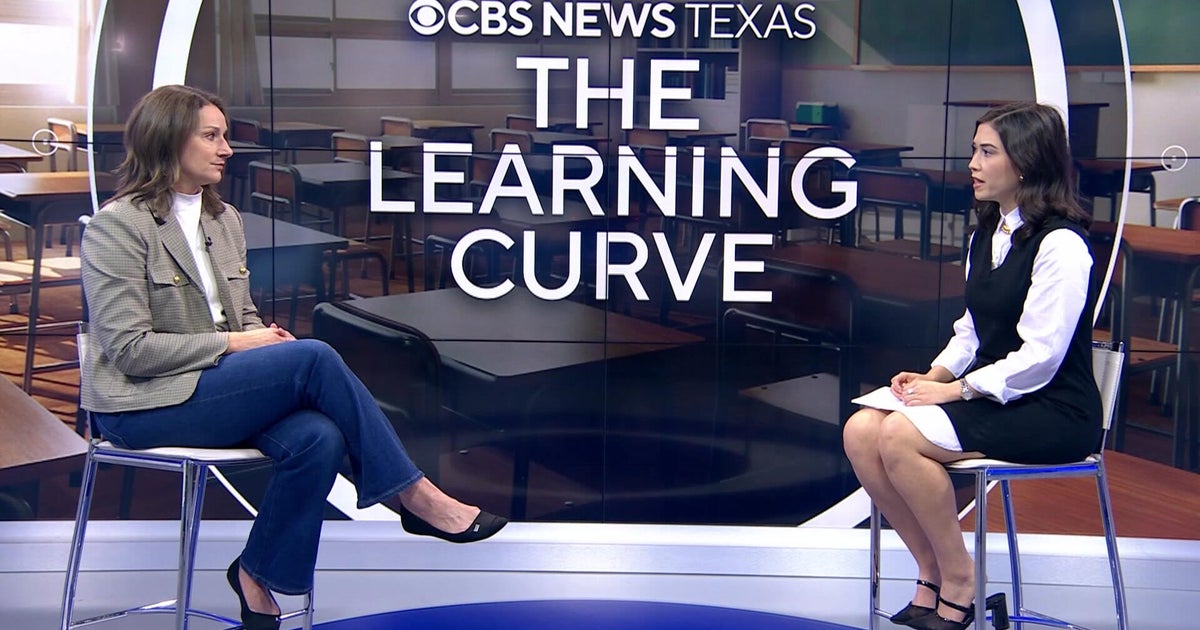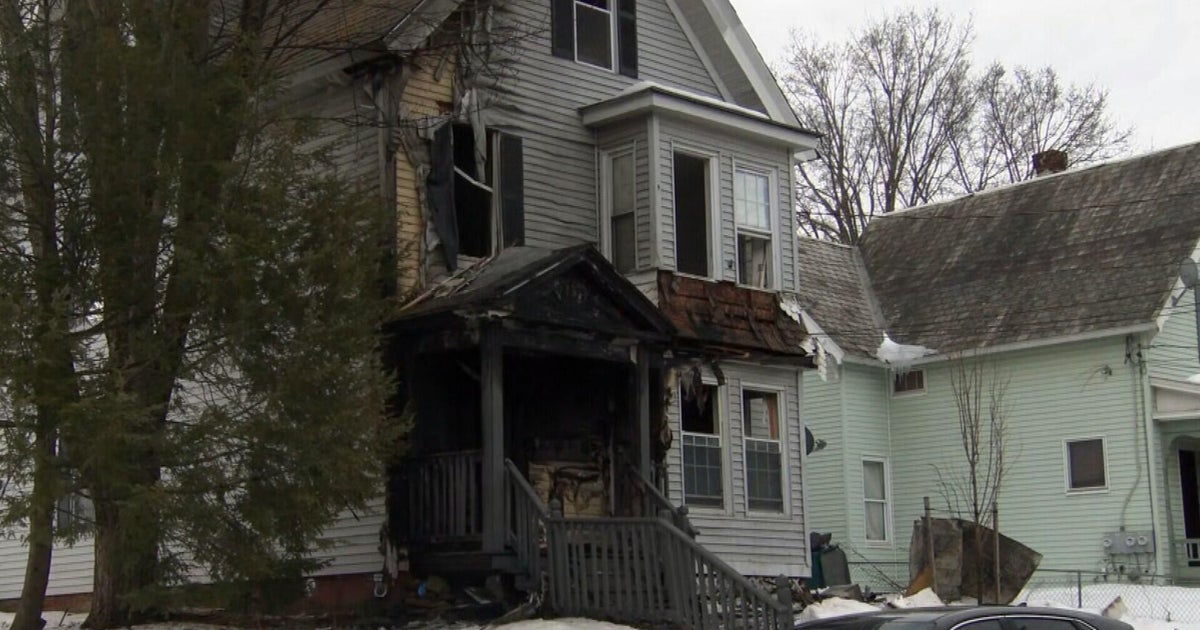Chicago reports 5 new cases of monkeypox
CHICAGO (CBS) -- Chicago Department of Public Health officials are urging people to take precautions, after five more cases of monkeypox have been reported in Chicago, although authorities say the chances of contracting the virus remain low.
As of Monday, the city has now identified seven confirmed cases of monkeypox this year, and the city is working with the Illinois Department of Public Health and other local public health agencies to identify other potential cases.
"While the risk in Chicago remains low, CDPH wants the public to be able to make informed choices about gathering in spaces or participating in events where monkeypox could be spread through close or intimate contact," CDPH Commissioner Dr. Allison Arwady said in a statement.
Some of the cases in Chicago involve people who recently traveled in Europe.
Another involves a person who attended the International Mr. Leather conference in Chicago at the end of May. Residents from another state who were recently diagnosed with monkeypox also reported attending the same conference, according to the Chicago Department of Public Health.
CDPH is asking public health departments across the country to notify them of any additional monkeypox cases who visited Chicago from May 26 to May 30, to assist them in investigating and contact tracing efforts.
"Early data suggest that gay, bisexual, and other men who have sex with men (MSM) make up a high number of cases. It is important to note that the risk of monkeypox is not limited to MSM and not all Chicago cases have been among men. Anyone who has close contact with someone who is infectious is at risk. Individuals can become infected with the monkeypox virus when they come in contact with lesions, bodily fluids, or respiratory secretions of anyone infected with the virus, as well as with objects that may have been in contact with lesion crusts or bodily fluids (e.g., contaminated linens, bandages, dishes)," CDPH officials said in a news release.
The city also is working with summer event organizers to share information about monkeypox, and to encourage them to provide recommended steps to guests for staying healthy.
"Individuals attending festivals or other summer events should consider how much close, personal, skin-to-skin contact is likely to occur at the events they plan to attend. If someone feels sick or has rashes or sores, CDPH recommends not attending a gathering, and visiting a healthcare provider as soon as possible," CDPH officials said.
The symptoms of monkeypox in humans can be similar to the symptoms of smallpox, but the main difference is that monkeypox causes lymph nodes to swell, the CDC says.
The incubation period, or time from infection to showing symptoms, for monkeypox is usually seven to 14 days. It starts with fever, headache, muscle aches and exhaustion and usually within one to three days, the patient develops a rash, often beginning on the face and then spreading to other parts of the body.
The lesions progress, become filled with a fluid, then scab and fall off. Monkeypox usually lasts for two to four weeks. In Africa, the disease causes death in as many as 1 in 10 people.
Prevention and treatment
There are no specific treatments available for monkeypox but there are vaccines, according to the CDC. Outbreaks can be controlled.
Experts believe monkeypox spreads between people via respiratory droplets or by direct contact with lesion material. Patients who are treated at the hospital are isolated so as not to spread the virus. Patients who do not require hospitalization should still isolate at home and use protective measures.
People who have extensive lesions that cannot be easily covered, including draining or weeping lesions, or those with respiratory symptoms should be isolated in a room separate from any family members. They should not leave their home unless to get medical care. They should also avoid pets.
The infected person can also wear personal protective equipment like masks and other people in their household should consider doing the same while near them. Disposable gloves should be worn for direct contact with lesions and the lesions should be covered as best as possible. People should consult state or local health officials about disposing of contaminated waste, like bandaids.
"Monkeypox is a potentially serious viral illness; however, the United States has tools at hand to respond to its emergence. CDPH continues to support clinical partners with testing to identify infected individuals, isolate anyone found to be infected with the virus, trace infected individuals' close contact with others, and monitor for symptom onset during the incubation period. In collaboration with federal partners, CDPH coordinates post exposure prophylaxis of exposed contacts as well as treatment with antiviral medication for those with more severe illness," CDPH officials said.







